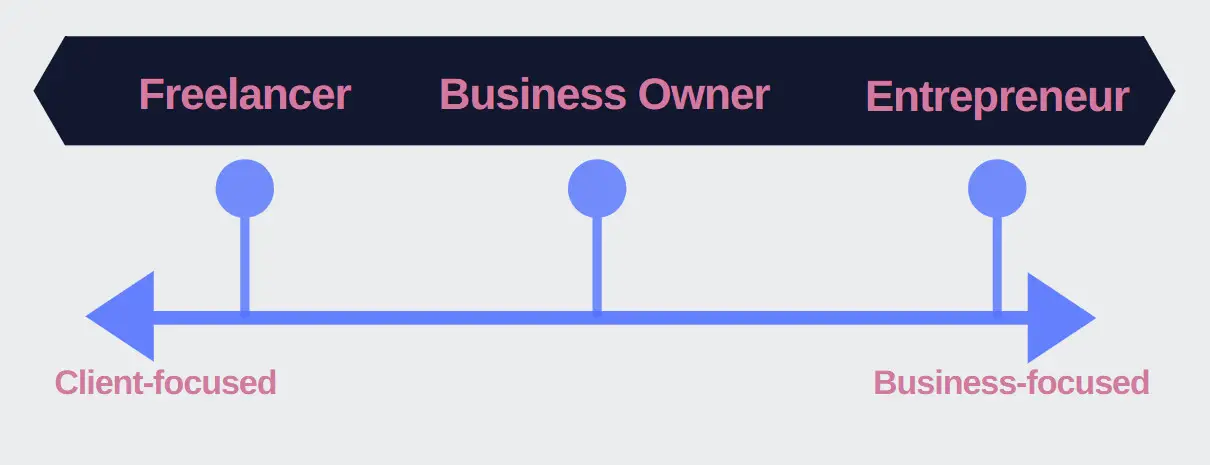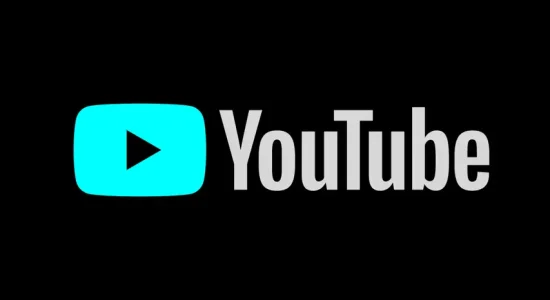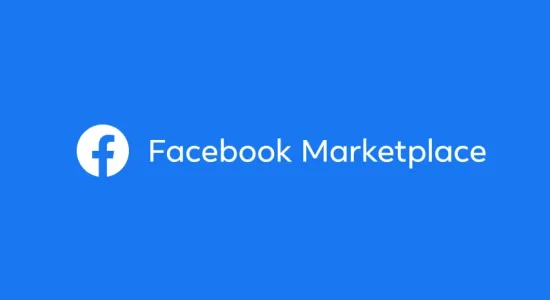In the dictionary the words freelancer and self-employed sounds quite similar. And many people do not distinguish between these two terms. Is there even a difference between being a freelancer and being self-employed?
In the front of law and for the tax purposes, being a freelancer is a type of self-employment. In real life, self-employed is more often used in connection with business owners, while a freelancer is an independent contractor working not for the business, but for the client.
The decision of what term to use depends on the specific person – their perception and branding. There are few indicators that can help you decide what term fits better for you.
There is no real clearly defined difference between the freelancer and self-employed. The definition that says that as a freelancer you depend on your client while as a self-employed you do not is not applicable in all the cases.
Self-employed definition:
“Working for oneself as a freelance or the owner of a business rather than for an employer. ‘a self-employed builder’” – Oxford Dictionary
Freelance definition:
“Self-employed and hired to work for different companies on particular assignments. ‘a freelance journalist’” – Oxford Dictionary
I called myself self-employed when I owned my digital marketing company, and for the whole time of the company’s existence I have been 100% dependent on my clients.
So why did I call myself self-employed and not a freelancer? When you are self-employed, you are employing yourself and are fully paying your own salary. Furthermore, you are responsible for yourself, your business and your employees.
As a freelancer you have more freedom and can often have another job you are doing as your main source of income. Freelancing can be done on a side and you are responsible only for yourself.
If you are interested in Freelancing, i’ve made a list of 25 side-income ideas you can undertake while at college. Feel free to check it out.
Creative professions are more often connected with a term freelancers (writers, photographers, artists). Creating a product and selling it is connected with a term self-employed.
When to call yourself a self-employed:
- You pay your full salary
- You work from the office
- You have to pay for the salaries, rent of the office,…
- You hired or plan to hire other employees
- Your idea and motivation is to build a business
- You are 100% dedicated to your business and it is your main source of income
- You are selling products
When to call yourself a freelancer:
- You work on a side to your main job
- You are selling your time to the clients
- You work alone
- You do not have an office, you work front he home
- You work in a creative industry
This list is not a rule, but indicators that can help you understand what the difference is. In reality, the difference is so subtle that it depends on you what term you prefer to describe yourself.
Many freelancers change the term to self-employed when they start to grow a business and hire more people. You can therefore argue that it is the mindset that makes a difference, how ready are you to focus on the business.
Self-employed vs Freelancer – what is better?
From my own perception and experience, there are certain advantages in being self-employed. But lately I would agree more with freelancing on a side to your main job as being the best career choice for most people.
Best benefits of being self-employed:
#1 Complete control over your time
It does require discipline and it can be a disadvantage if you are not able to organize and motivate yourself to work. If you are responsible for your income and you just decide not to work and rather watch Netflix, nobody is going to tell you that you cannot do that. But in the end of your month you will see missing money. And that low salary you are getting is only your fault.
#2 Opportunity to grow beyond your salary
When you are good at your business, you can earn much more money than what you would earn at work. It is not immediate and it does not happen to everyone. But you can make much more money from building a business, getting more work done by hiring more people to work for you and grow than you would get just from freelancing on a side.
Benefits of being a freelancer (on a side to the main job):
#1 Less stressful than being a business owner
You do have a stable income from the main job and at the same time you do not need to pay others from the revenue you make – these factors make freelancing much less stressful. Not being under pressure can help you be more creative and enjoy what you do.
#2 Lower pressure from clients
There is always some pressure, but if you do freelancing in a way I describe it, you will get a lot of freedom. You can choose what clients you want to work for, you do not need to be stressed that the current client will fire you and you do not need to immediately search to find new clients.
#3 You can take a break
If you do not feel like working today, you can do your main job and have a break from your freelance work. You still have income, you are still being productive, and when you need to prevent yourself from burnout syndrome, the break is necessary.
#4 Your income is higher
You are making money in your normal job and have freelancing on a side? If you are good and a little lucky, you can end up having two solid incomes.
Just as freelancing can be done on the side, so can passive income. I’ve made this guide on what the difference between passive income and active income is. You Should check it out.
Who is entrepreneur, solopreneur?
Entrepreneur is another type of self-employed person, very similar to business owners. The main difference is in the risk-taking and scale of the business.
If we again peek into the Oxford dictionary, entrepreneur is:
“A person who sets up a business or businesses, taking on financial risks in the hope of profit.” Oxford Dictionary
So you can call yourself an entrepreneur when you overcome bigger initial investments and you need the business to grow in order to make a profit. You employ people and make a business that works without you being involved in, and you can sell your business if it is successful.

Solopreneur is similar to entrepreneurs in the business focus, wanting to grow the business and create value beyond themselves. The means of achievement are usually generating a passive income, because unlike entrepreneurs – solopreneurs do everything by themselves, do not hire any employees.
Is it important how you call yourself?
It might be. How we brand ourselves matters. What we think about ourselves has an effect on our actions. And if you want to be taken seriously by others and by your clients or customers, you might need to have a look into what a proper and most appropriate term will describe your business.
Although it might have some effect on your business, it is definitely not a key and deciding factor for success. So think about it, but do not get caught up too much in definitions. You can always evolve and change based on your current circumstances.
…







